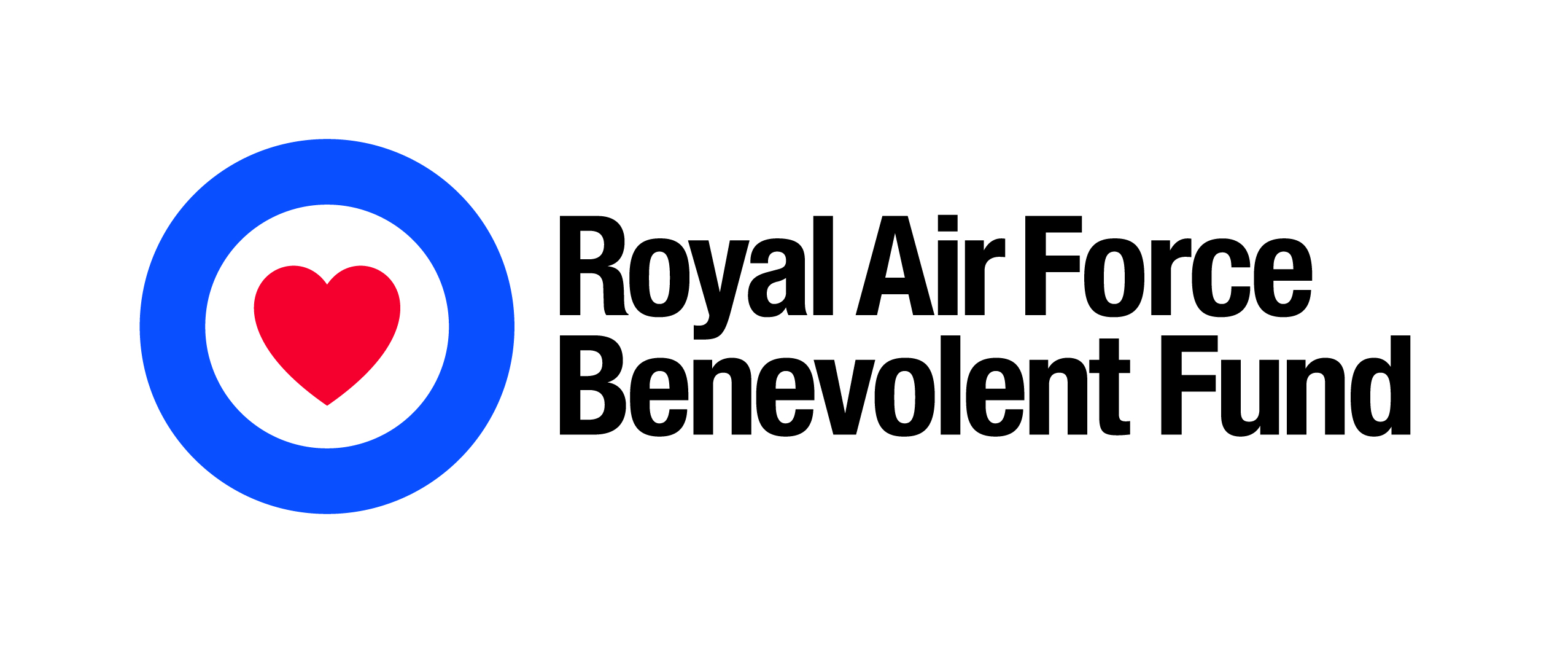Dear Editor,
Recently the country rallied behind the brave ex-service men and women as they once again represented our country and battled for Gold at the Invictus Games in Toronto. It has been great to see our veterans getting the attention they deserve and shining a light on some of the issues they have faced since leaving the military.
If there is one issue that stood out to me at this year’s Games, it was mental health. I was so impressed by the number of athletes suffering from PTSD who stepped up and were willing to share their stories, which has not always been the case. People like Matt Neve, a 32-year-old ex-RAF driver from Wales, who talked about how sport helped his recovery and gave him a release from mental health issues he has endured for over a decade. The RAF Benevolent Fund stepped in and provided Matt with his archery equipment, which gave him something to focus on other than his PTSD and helped him switch off mentally. Matt placed Gold at this year’s Games.
While Invictus has opened the door for many veterans with mental health issues, sadly there are still plenty suffering in silence.
Tuesday 10 October marks World Mental Health Day – and another opportunity to encourage people to speak out about their mental health issues and get the support they need. This year’s theme is Mental Health in the Workplace. According to the Mental Health Foundation, one in five people in the workplace experience a mental health condition. The Armed Forces are no different.
At the RAF Benevolent Fund, the RAF’s leading welfare charity, we have been helping the RAF Family with mental health issues for many years. We have also long worked with and financially supported Combat Stress, the leading veterans’ mental health charity. More recently we have been working with Anxiety UK to address issues head on, providing a helpline, therapy sessions and self-help materials.
Our partnerships have been working: of those who have accessed Anxiety UK’s therapy services to date, 60% have shown reliably recovery and 90% have reliably improved their levels of anxiety, stress and anxiety based depression.
While there is still a stigma associated with mental health, the situation has improved drastically from my days in the RAF, when mental health was rarely mentioned. However, with campaigns like World Mental Health Day and the Invictus Games, I am confident that we will soon reach a point where people will no longer feel that they have to suffer in silence.
If you know of someone who might benefit from our support please visit: www.rafbf.org/help for more information.
Yours sincerely,
Air Vice-Marshal David Murray
Controller
Royal Air Force Benevolent Fund
Ends
For more information, high res images and video please contact:
Ashley Tilley, PR Officer, RAF Benevolent Fund
E: ashley.tilley@rafbf.org.uk | D: 0207 305 3305 l M: 07885 466198
RAF Benevolent Fund: The Royal Air Force Benevolent Fund is the RAF’s leading welfare charity. We exist to support current and former members of the RAF, their partners and dependants, whenever they need us. In 2016 we spent £17.6m supporting more than 65,000 members of the RAF Family. For more information visit: www.rafbf.org Twitter: https://twitter.com/RAFBF

















